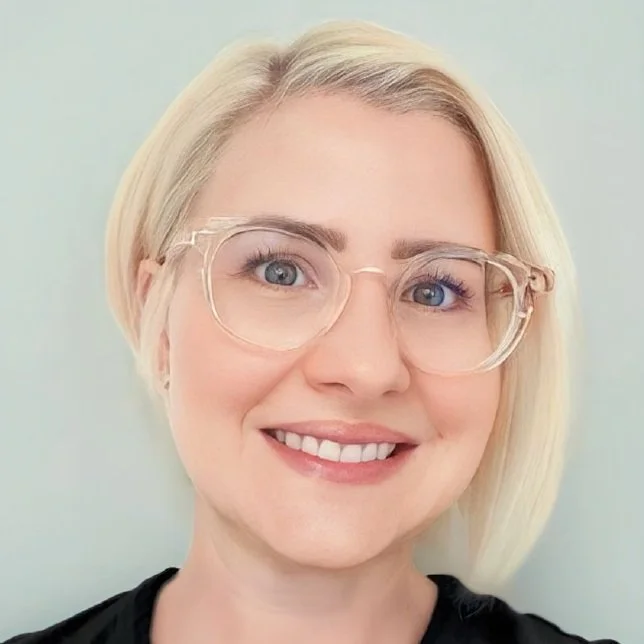Welcome to our new blog series highlighting the work of the Azrieli CHILD-BRIGHT postdoctoral fellows!
Within the various research projects underway at the CHILD-BRIGHT Network, postdoctoral fellows play a crucial role. This year, thanks to the generous contribution of the Azrieli Foundation, we’re delighted to welcome a new cohort of up-and-coming scientists who are passionate about patient-oriented research (POR) and its incredible potential in the study of pediatric brain-based developmental disabilities. In the next few weeks, we’ll be showcasing each of our postdocs and the pivotal work they’re doing at CHILD-BRIGHT, across Canada.
CHILD-BRIGHT ADAPT project
Angie Lim (she/her)
Clinical Nurse Specialist - Interprofessional Practice (CNS-IP)
Adjunct Lecturer | Lawrence S. Bloomberg Faculty of Nursing, University of Toronto
Research associate & postdoctoral fellow | Child Health Evaluative Sciences, The Hospital for Sick Children
Based in Toronto, Angie is joining CHILD-BRIGHT ADAPT: Assessing and Developing an Adapted navigator role to support Parents during neonatal Transition – the second half of a two-phase project.
In Phase 1, the research team piloted a new type of care for families transitioning home with their baby from the neonatal intensive care unit. Specifically, they assigned families a point person (“navigator”) who focused on three components of support: 1) care coordination, 2) parent education and empowerment, and 3) mindfulness using an Acceptance and Commitment Therapy (ACT) framework.
Now, in Phase 2, the team is studying how to implement the effective components of this intervention across Canada, in preparation for wide-spread implementation.
Angie’s role as a postdoctoral fellow is central and multifaceted. Under the supervision of the project’s co-principal investigator (PI), Julia Orkin, she is fine-tuning the team’s research protocols to make sure they meet their project goals, as well as leading project management, overseeing the study’s progress, and ensuring that milestones are met on time. She is also using Knowledge Mobilization strategies to ensure that results are communicated in a way that’s accessible to a wide, diverse audience.
“I was drawn to patient-oriented research because I believe that our health care system should evolve based on patient needs and real-world effectiveness.”
As a researcher and registered nurse, Angie has a comprehensive understanding of how POR can lead to interventions that are more likely to be accepted and adopted in practice, ultimately boosting patient engagement and improving health outcomes.
“By incorporating the patient’s perspective, we can design and implement research that’s more aligned with the experiences of those it aims to benefit,” says Angie.
When asked how she thinks this fellowship will impact her future, Angie is enthusiastic. “This fellowship is a cornerstone in my career. It’s an incredible introduction to the field of Implementation Science, which is essential for bringing research to the bedside.”
Angie is certain that this interdisciplinary and collaborative fellowship will not only broaden her professional network, but also open doors to future research partnerships. “I’m gaining such invaluable skills and experience,” she adds. “Everything I’m learning will help me conduct more impactful research and communicate findings more effectively for diverse audiences.”
Ultimately, Angie believes that this fellowship will lay a strong foundation for her future as a researcher and clinician.



